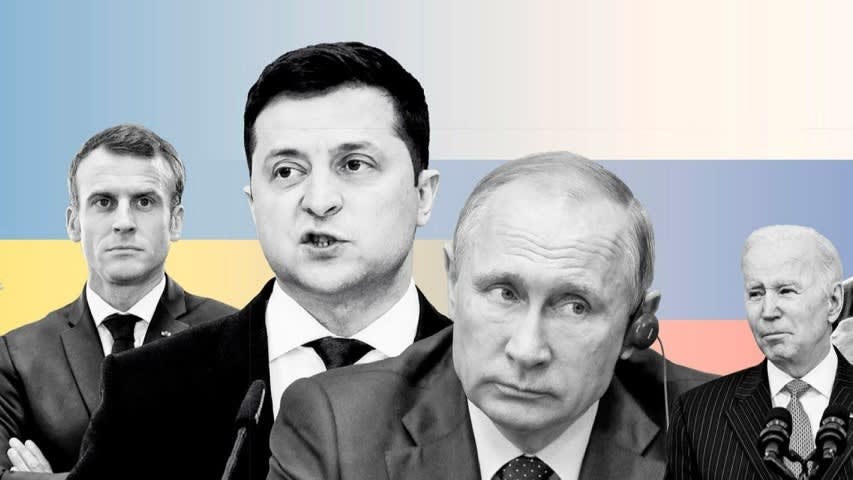
Exploring Potential Endings to the Russia-Ukraine Conflict: Scenarios and Possibilities
The Russia-Ukraine conflict has been a source of international concern for years, with geopolitical tensions, military skirmishes, and diplomatic negotiations shaping the narrative. As the conflict persists, speculation about its eventual resolution abounds. In this blog post, we’ll explore potential scenarios and possibilities for the end of the Russia-Ukraine war, considering various diplomatic, military, and political factors at play.
- Diplomatic Resolution: One possible end to the conflict could come through diplomatic channels. Negotiations mediated by international organizations or influential third-party countries may lead to a peace agreement that addresses the concerns and grievances of both Russia and Ukraine. Key points of negotiation could include territorial disputes, military withdrawals, and guarantees for the sovereignty and security of Ukraine.
- Ceasefire and De-escalation: Another scenario involves a ceasefire agreement followed by a gradual de-escalation of hostilities. This could entail the establishment of buffer zones, the withdrawal of troops from disputed regions, and the implementation of monitoring mechanisms to prevent further violence. While a ceasefire may not resolve the underlying issues driving the conflict, it could provide a temporary respite and pave the way for future negotiations.
- Territorial Compromise: A potential resolution to the conflict could involve a territorial compromise, where both Russia and Ukraine agree to adjust their respective borders or grant autonomy to certain regions. Such a compromise could be facilitated by international arbitration or referendums conducted in the affected areas. While contentious and fraught with challenges, a territorial compromise could offer a pragmatic solution to end the fighting and restore stability to the region.
- Regime Change or Political Transformation: The end of the Russia-Ukraine conflict could also be precipitated by internal political developments within either country. A change in leadership, regime collapse, or significant political reforms may alter the dynamics of the conflict and create opportunities for reconciliation. However, such transformations would likely require extensive domestic and international support to ensure a peaceful transition and prevent further instability.
- External Intervention: In some scenarios, external intervention by major powers or international coalitions could play a decisive role in ending the conflict. Economic sanctions, diplomatic pressure, or even military intervention by external actors may compel Russia and Ukraine to seek a negotiated settlement. However, the risk of escalation and unintended consequences must be carefully weighed before pursuing such options.
Conclusion: While the end of the Russia-Ukraine conflict remains uncertain, exploring these potential scenarios provides insight into the complex dynamics at play and the challenges inherent in resolving such a protracted conflict. Ultimately, achieving lasting peace will require sustained diplomatic efforts, compromise, and a commitment to addressing the underlying grievances driving the conflict. As the international community continues to engage with the parties involved, hope remains for a peaceful resolution that respects the sovereignty and dignity of all nations involved.







